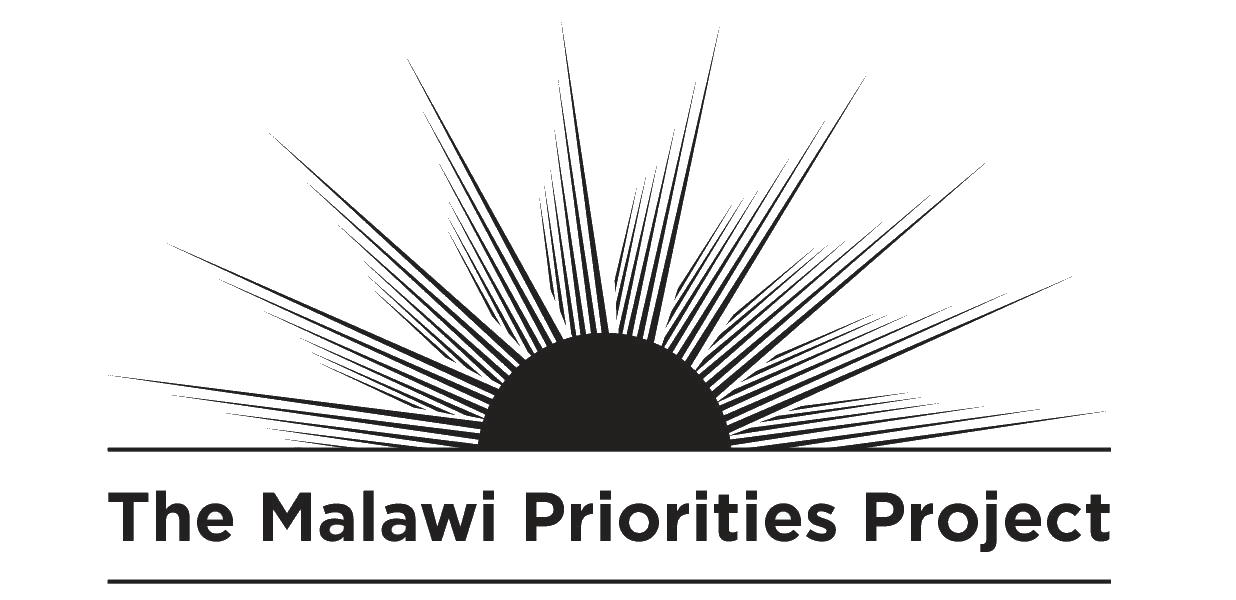Background
Malawi Priorities is a research-based collaborative project implemented by the National Planning Commission (NPC), the African Institute for Development Policy (AFIDEP), and the Copenhagen Consensus Center (CCC) to identify and promote the most effective interventions that address Malawi’s development challenges and support the attainment of its development aspirations. The project seeks to provide the government with a systematic process to help prioritize the most effective policy solutions to maximize social, environmental, and economic benefits on every kwacha invested. Cost-benefit analysis is the primary analytical tool adopted by the project. A cost-benefit analysis was applied to 20-30 research questions of national importance. The research took place over the course of 2020 and 2021.
Research questions were drawn from the NPC’s existing research agenda, developed in September 2019 after extensive consultation with academics, think tanks, the private sector, and the government. This sub-set was then augmented, based on input from NPC, an Academic Advisory Group of leading scholars within Malawi, and existing literature, particularly previous cost-benefit analyses conducted by the Copenhagen Consensus Center. The research agenda was validated and prioritized by a Reference Group of 25 prominent, senior stakeholders. The selection of interventions was informed by numerous consultations across the Malawian policy space, and one academic and two-sector experts provide peer review on all analyses.
Cost-benefit analyses in Malawi Priorities consider the social, economic, and environmental impacts that accrue to all of Malawian society. This represents a wider scope than financial cost-benefit analysis, which considers only the flow of money, or private cost-benefit analysis, which considers the perspective of only one party. All benefit-cost ratios (BCRs) reported within the Malawi Priorities project are comparable.
The cost-benefit analysis considered in the project is premised on an injection of new money available to decision-makers, that can be spent on expanding existing programs (e.g. new beneficiaries, additional program features) or implementing new programs. Results should not be interpreted as reflections on past efforts or the benefits of reallocating existing funds.
Malawi is a least developed nation, which means there are so many priorities. As a way of developing, we are trying to prioritize. The use of cost-benefit analysis helps us to select which interventions would retain and bring a better return on investment. We do not have a lot of budget and resources, so we have to ensure that our prioritizing would lead us towards our aspiration to become a middle-income country by 2030. - Joseph Nagoli, Director of Knowledge and Learning NPC
[[{"fid":"6135","view_mode":"teaser","fields":{"format":"teaser","field_file_image_alt_text[und][0][value]":false,"field_file_image_title_text[und][0][value]":false},"link_text":null,"type":"media","field_deltas":{"1":{"format":"teaser","field_file_image_alt_text[und][0][value]":false,"field_file_image_title_text[und][0][value]":false}},"attributes":{"class":"media-element file-teaser","data-delta":"1"}}]]

